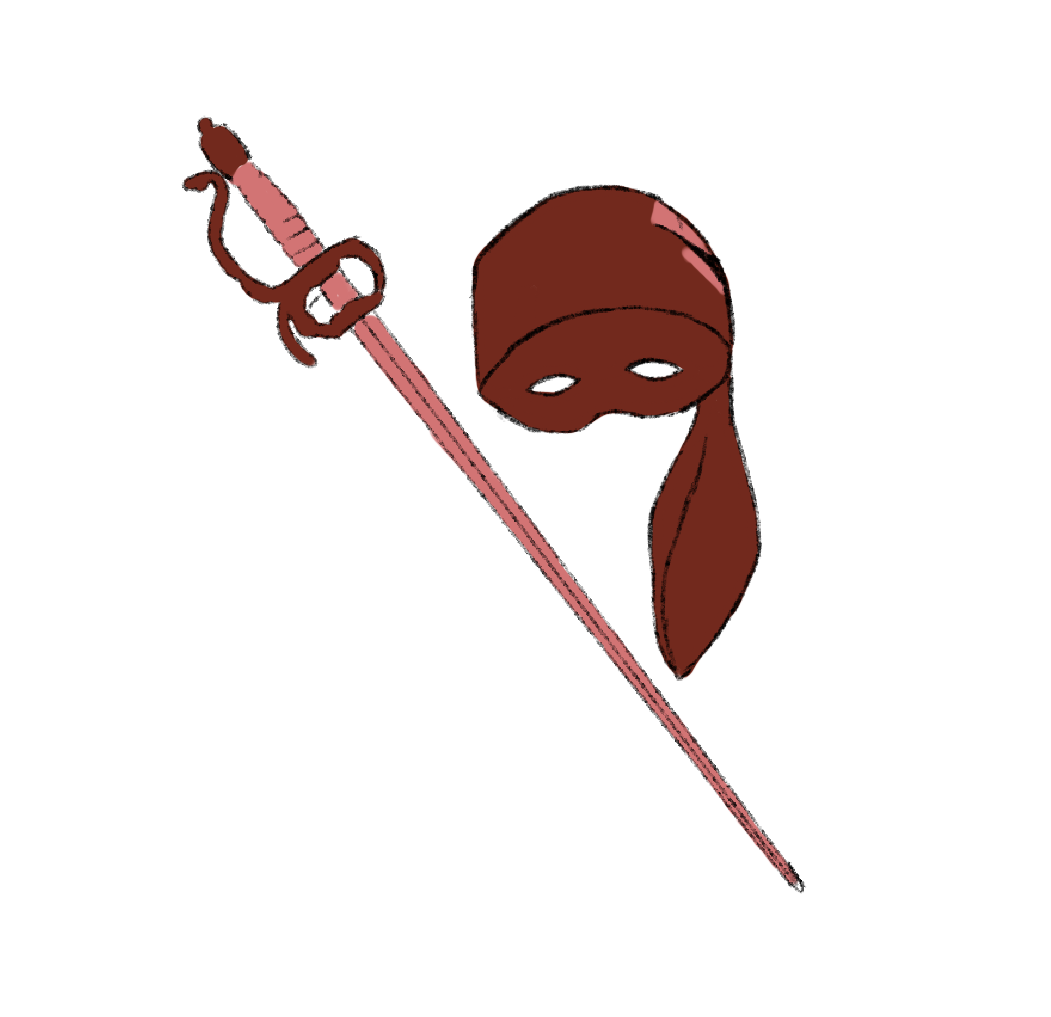Next semester, Trinity will be offering a course titled “International Issues in Health and the Environment,” taught by Alfred Montoya, assistant professor of sociology and anthropology, and Meredith McGuire, professor of sociology and anthropology. In addition to the semester class, students enrolled in the course will have an opportunity to join a field trip to Nicaragua over spring break.
“We frontload the course with the kinds of issues we’ll be dealing with, then go on the field trip over spring break,” Montoya said. “The trip gives people a shared experience, and then the second half of the semester works really well as the students draw on those experiences.”
McGuire became interested in the biodiversity Nicaragua had to offer and later teamed up with Montoya, a medical anthropologist, to combine aspects of both health and the environment into the course and trip.
“I asked my first group of students that I took on the trip in 2010 if they’d rather have a separate trip for the people interested in the environment and another trip for the people interested in health,” McGuire said. “But all 12 of them said no, that the two work best together.”
The course is open for applications from students of all majors. Erin Drake, a pre-med senior majoring in anthropology, spoke at last week’s information session about her experience on the spring break trip.
“I would really recommend it. After it all being done, I just thought it was so cool because you learn about all these concepts in class, about all these things going on in the world, but it’s not the same as going there in person,” Drake said.
This semester, Montoya will be leading the campus-based portion of the term, but McGuire will be joining him while teaching in Nicaragua. Though Montoya will cover issues that affect areas all over the world, Nicaragua has many qualities that make the country a great teaching example.
“Nicaragua is the second poorest country in the western hemisphere, but the people there are truly extraordinary. They’re working to extend health services with almost no resources,” Montoya said. “Nicaragua provides a sort of example for some of the processes that have shaped Latin America throughout the 20th century.”
The effects of colonialism, U.S. involvement and revolution can still be seen in Nicaragua, particularly when looking at health and the environment.
“We try to make a distinction between the idea that they are poor and that they’re living in impoverishment, because being poor isn’t really an intrinsic feature of a country; in this case, it’s actually a very rich country. They’re rich in natural resources, and the people are very resilient and friendly,” McGuire said. “Nicaragua has a lot of things going for it, but it’s been exploited.”
The course will cover a wide range of topics, including environmental degradation, pollution, water problems, large-scale mega-projects and their consequences for the native population, biodiversity, human health, partner violence, nutrition and war as a sociological and anthropological topic.
“Even though the trip is in Nicaragua and you focus on that area, everything you learn is relevant to so many things around the world that are happening right now,” Drake said. “I felt way more globally aware afterwards and continue to feel so.”
Students wishing to take part in the spring break trip should enroll in both SOC/ANTH 3345 and SOC/ANTH 3191 during the upcoming registration for spring 2015. Applications can be picked up in the sociology/anthropology department office.






